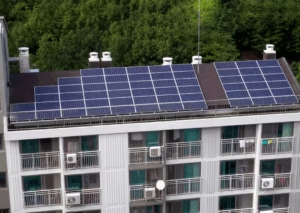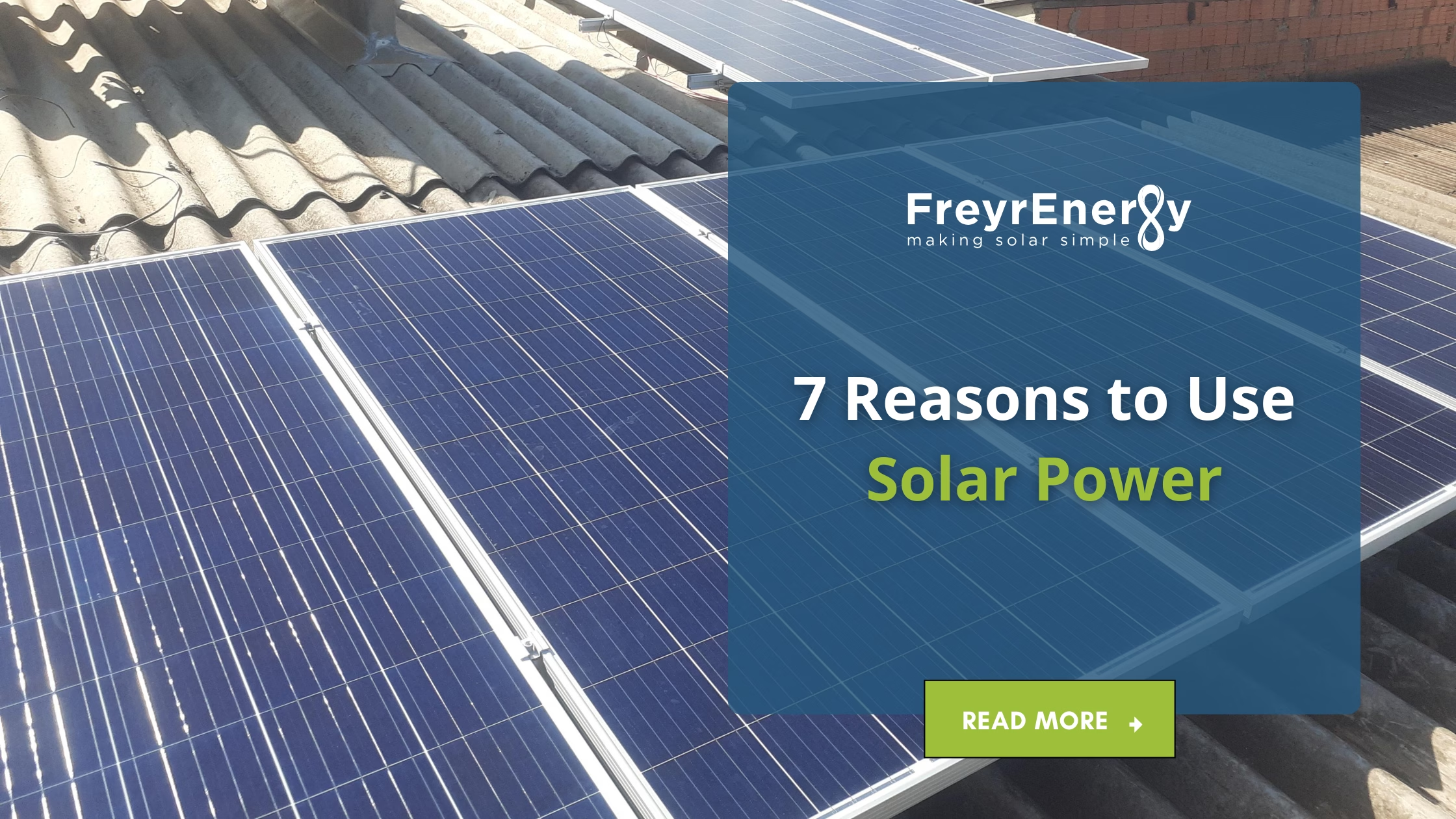We can see a global transition towards cleaner sources of energy due to increased awareness about the wrongful effects of greenhouse gases. The hotel industry being heavy consumers of energy is also stepping forward to be a part of promoting sustainability. Solar for hotels is the best way through which hotels can experience energy efficiency.

The following blog details more on this topic.
How are solar panels helping hotels achieve energy efficiency?
Self-sufficiency
Hotels that use solar panels to support their energy needs become self-sufficient as there is not much dependence on the public supply. Solar panels are installed based on their energy consumption; hence, the electricity generated is sufficient to meet the hotel’s needs.
Net metering
Hotels can send the excess energy left after their consumption back to the grid. This way they can earn credit from the government, which ultimately reduces their power bills.
Load management
Solar panels connected to energy management systems can identify and analyze power usage in hotels. Hotels can understand their consumption better by managing demand in critical areas. This will enable them to achieve energy efficiency as their energy production will be judiciously used so that excess can be transferred back to the grid.
Reduces dependence on the grid
Solar powered hotels rely less on the grid to meet their demands. This way, they can save a huge sum on utility bills.
Benefits of solar panels for hotels
Lower electricity bills
The tariff for electricity used from the grid is quite high, as it is derived from fossil fuels. Hotels can experience a significant decline in power bills when they shift to solar power. Solar for hotels is installed keeping in view their demand, and hence, there will be less dependence on the public grid.
Brand value
Solar powered hotels represent their commitment to the environment by reducing their carbon footprint. This helps improve their brand value. Environmentally conscious people tend to support such hotels, which helps them grow in the long run.
Price volatility has no effect
Electricity rates are subject to frequent changes, and this affects hotels to a great extent. Solar powered hotels are not vulnerable to fluctuations in power tariffs.
High ROI
Solar for hotels helps earn high returns as it is a long-term investment. Apart from the initial expenditure, there is minimal cost in maintenance. Also, the upfront cost can be reduced through subsidies provided by the government. Solar companies also help procure loans at concessional rates.
Contribution to the environment
With solar panels, hotels can reduce their share of carbon footprint. This will ease the pressure on the environment and help achieve a greener future.
The process of installing solar panels in hotels and the cost involved
Site assessment
The first step is to inspect and assess the suitability of the site for solar panel installation. Rooftop solar for hotels should be free from any hindrance and should receive ample sunlight.
Design
The type of solar panels, inverter, storage, and mounting structure should be decided as the next step in setting up solar powered hotels.
Budget
Financial planning and assessment of the hotel’s budget are essential steps. This will help decide on the loan to be arranged.
Installation
Solar professionals from a reputable company carry out the installation process once the plan is finalised.
Testing
Once the solar panels are commissioned, they are tested for efficient performance. Only after this installation is complete.
Maintenance
Solar companies offer regular maintenance services after installation so that solar panels have a long life and generate electricity without any interruption.
Cost involved
The cost of installing solar panels in hotels depends on various factors such as:
- Size of the panels
- The type of panels used
- Location of the plant
- Mounting structures used
- Quality of panels
- Choice of solar company
Typically, solar for hotels costs around INR 20-30 lakhs when the size is small. For large hotels with a capacity of around 500 kW, the cost ranges between INR 60-80 lakhs. For commercial hotels built on a large scale, the cost per kW decreases with an increase in the size of the solar plant.
How can hotels achieve ROI?
Hotels consume a huge amount of energy throughout the day due to their extensive use of lights, air coolers, etc. Solar panels produce maximum energy during the day, which can be effectively utilized by hotels for their operations.
The initial investment, thus, is easily set off by a reduction in power bills, tax cuts, and long-term sustainability. Hotels also start to receive a payback typically after 5-7 years. This means that for the rest of the life of the solar panels, hotels save an incredible amount of money.
Conclusion
Embracing solar energy is beneficial for the hotel industry as well as the environment. There has been a growing consciousness about the benefits of solar and we can see a gradual shift towards the same. Supportive government policies and a sense of responsibility drive hotels to shift to solar and enjoy energy efficiency in the long run.
Frequently Asked Questions
Solar panels for hotels help reduce their electricity bills, which results in huge cost savings in the long run. It also helps achieve energy independenc
The cost of installing solar panels in hotels depends on factors like the size and type of panels used. Consult a professional solar company to get the best quote for your solar installation.
Hotels can manage peak demand and adjust needs by using the stored energy in solar inverters. This way, in the long run, they can fully run on solar energy.
While this typically depends on the energy consumption pattern of the hotel, a 50-150 kW plant would generally be sufficient.
Solar for hotels helps reduce electricity bills by generating power from the sun. This reduces the hotel’s use of electricity from the grid. Over time, the money saved on power bills covers the cost of the solar system. Most hotels see a good return on investment (ROI) in 3 to 5 years, making it a smart long-term choice.
A hybrid solar system where hotels can derive the benefit of on-grid and off-grid solar is considered the best for hotels. To meet the hotel’s requirements, it can rely on the power generated by the solar panels. The excess can be stored or transferred to the grid where hotels can enjoy net metering benefits.



